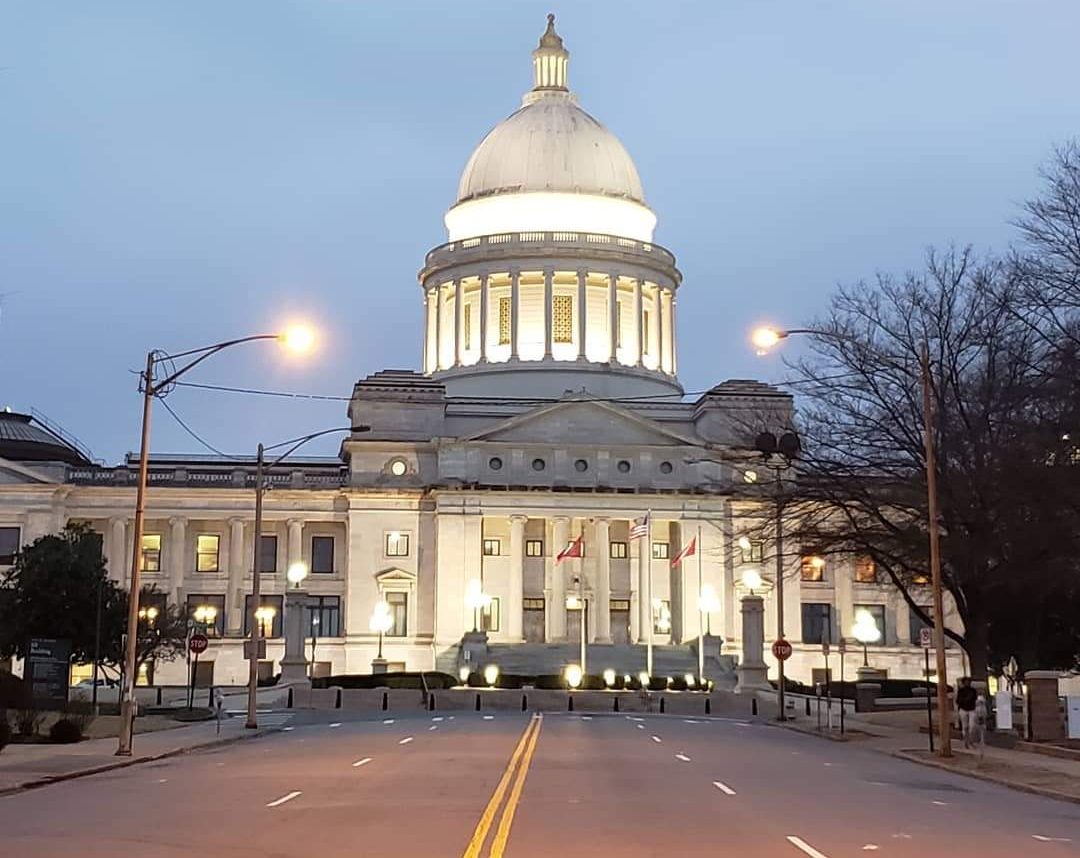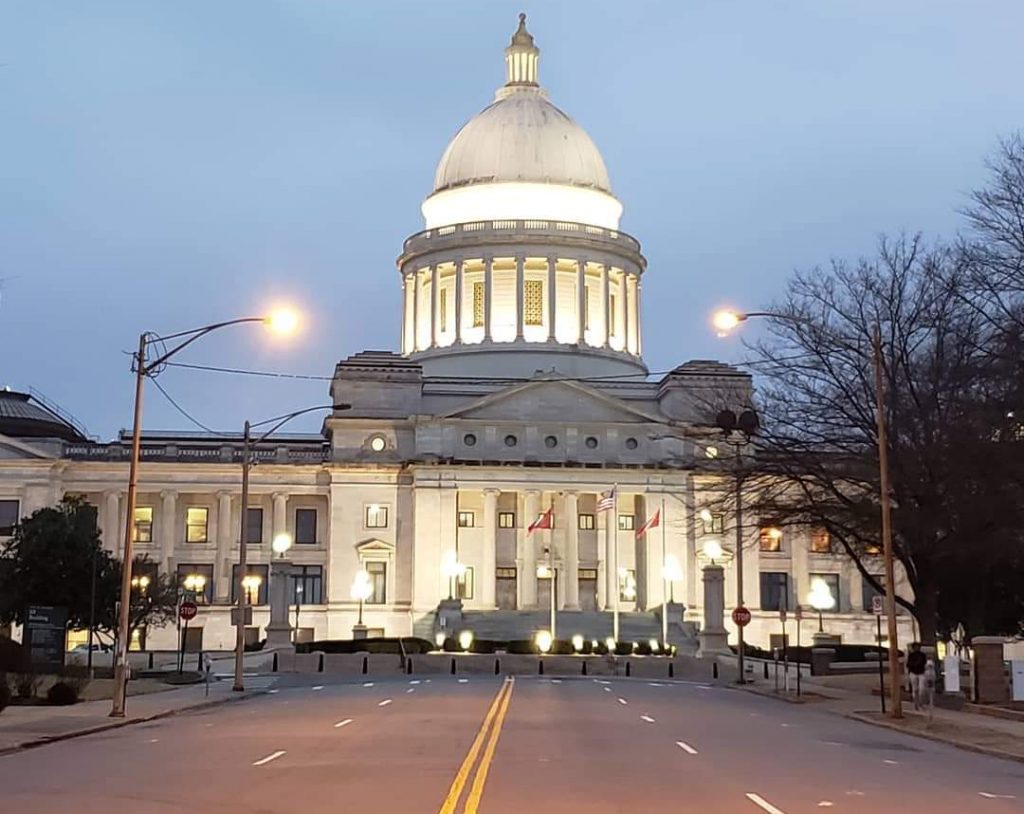Pro-Life Ultrasound Legislation Filed in Arkansas

The Arkansas Legislature is convening this week, and Sen. Cecile Bledsoe (R – Rogers) and Rep. Joe Cloud (R – Russellville) have filed S.B. 85 amending Arkansas’ law concerning ultrasounds before abortion.
Currently, Arkansas law requires abortionists to perform an ultrasound and offer to show the ultrasound to the mother.
S.B. 85 changes the law by requiring abortionists to show the ultrasound of the unborn baby to the pregnant woman; if the woman doesn’t want to see the ultrasound images, she can look away.
The bill also requires the abortionist to explain the ultrasound images to the pregnant woman. The bill contains exceptions for abortions performed due to medical emergencies.
Former abortionist Bernard Nathanson is credited with observing that, “Fewer women would have abortions if wombs had windows.” That’s exactly what an ultrasound image is.
Research indicates that some women are less likely to have an abortion once they see an ultrasound image of their unborn child.
That means pro-life bills like S.B. 85 can help further decrease the number of abortions in Arkansas.
In 2016 pro-abortion group NARAL criticized a Dorito’s commercial for “humanizing fetuses,” because the ad featured a baby on an ultrasound screen. It seems clear that abortionists understand the power of ultrasound images.
S.B. 85 has not been assigned to a committee yet, but it likely will go to the Senate Public Health Committee in the coming days.




